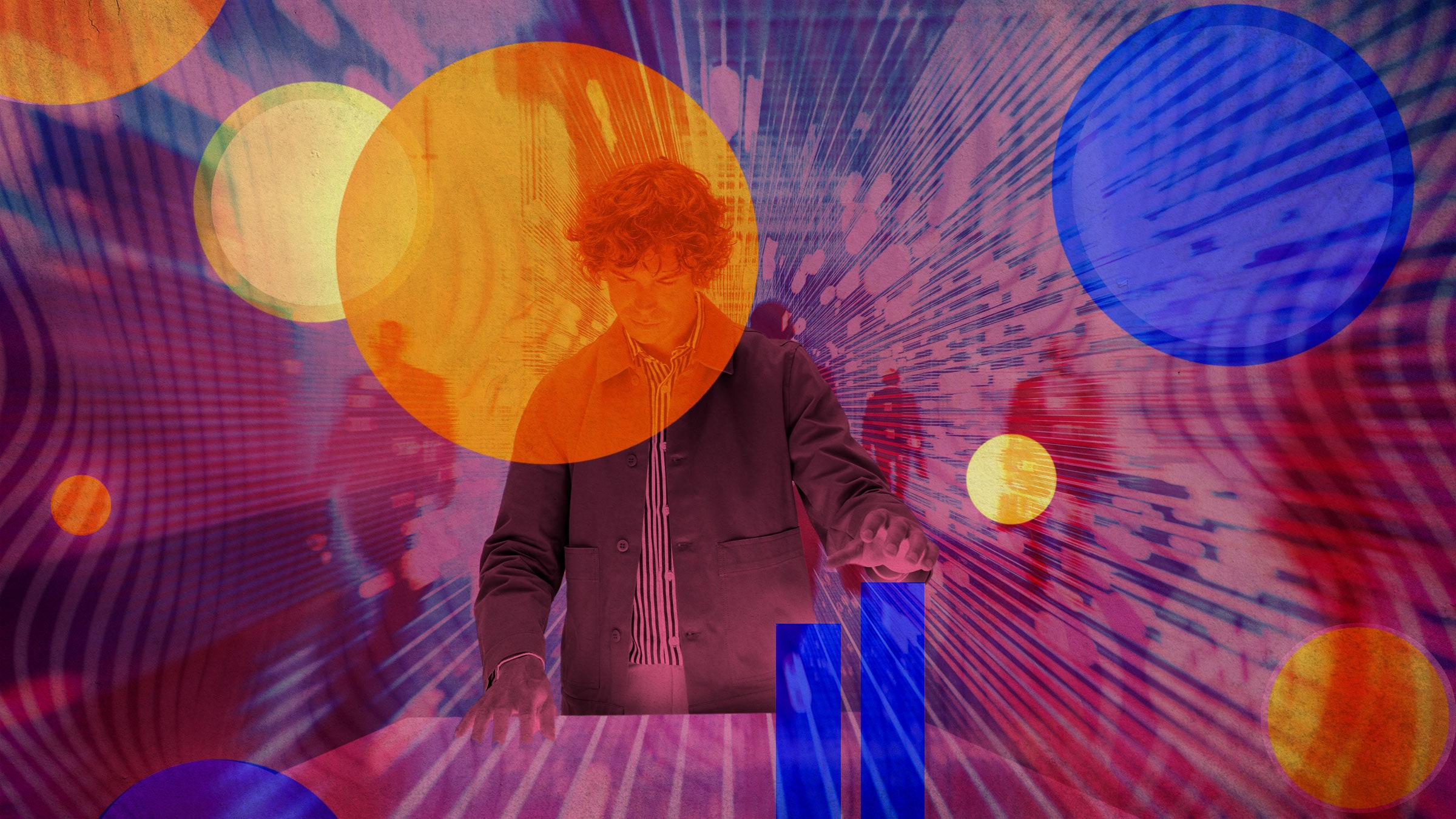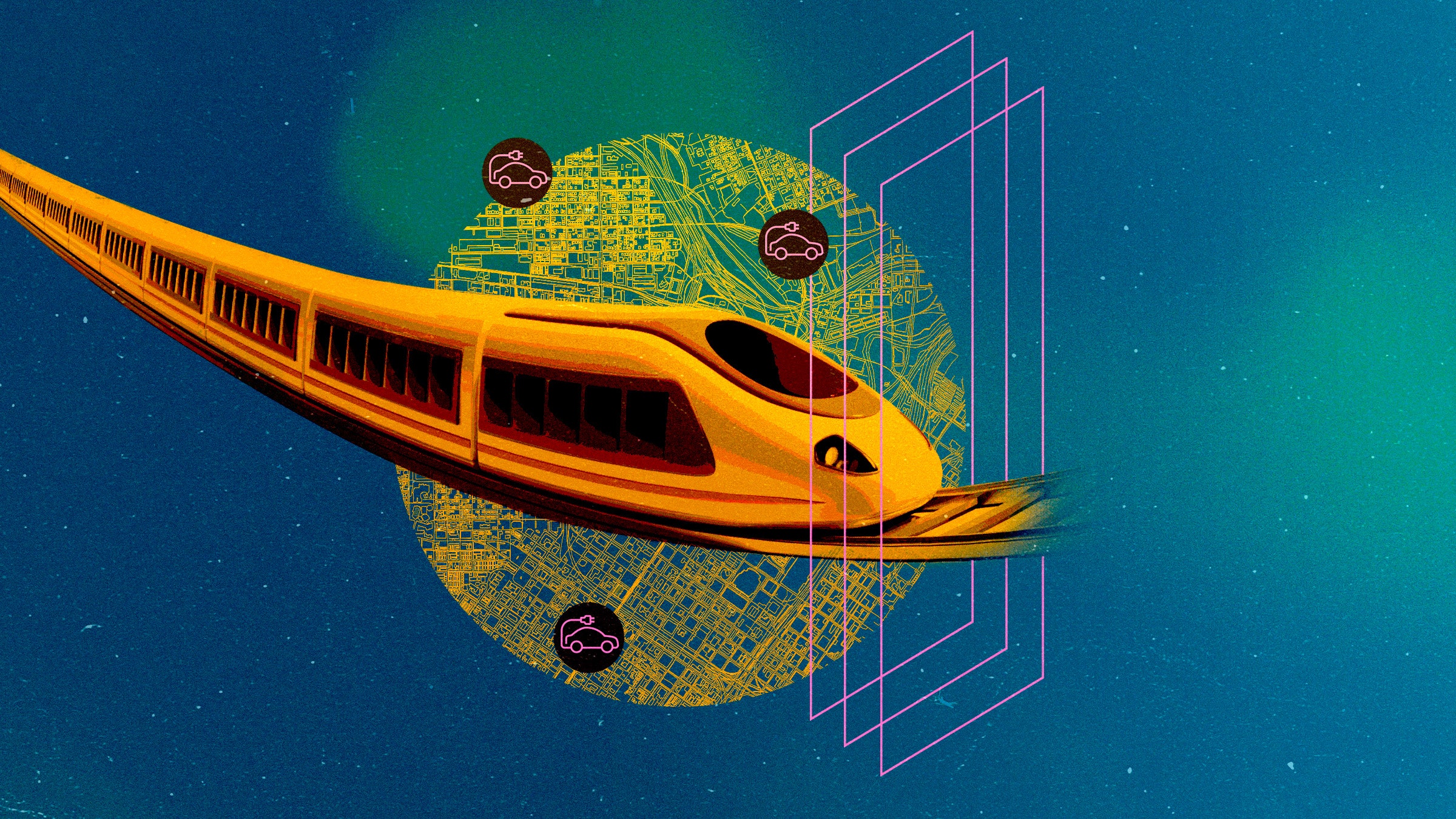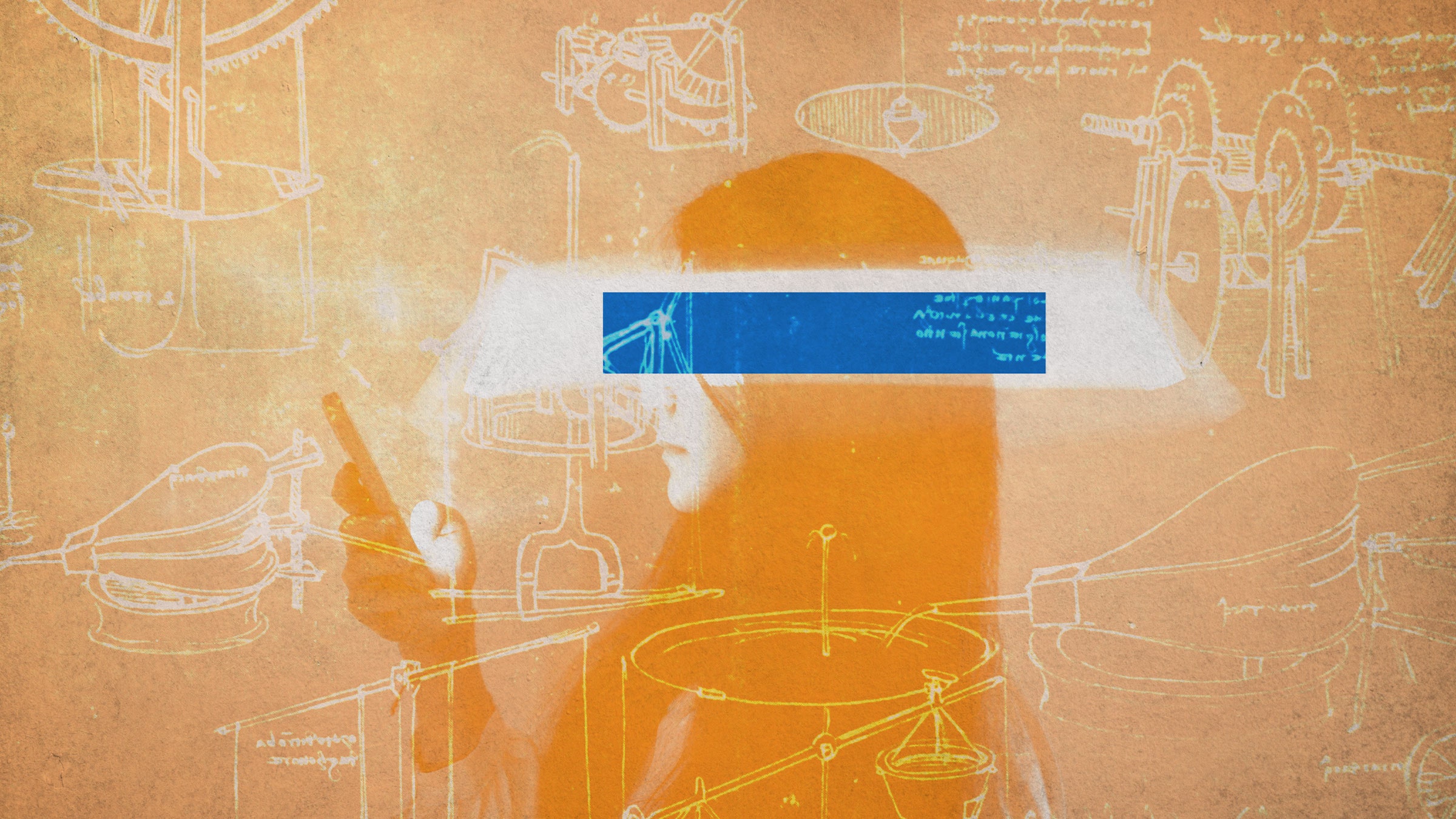The AI-Fueled Future of Work Needs Humans More Than Ever
The AI-Fueled Future of Work Needs Humans More Than…

The AI-Fueled Future of Work Needs Humans More Than Ever
In today’s rapidly evolving technological landscape, artificial intelligence (AI) is playing an increasingly prominent role in shaping the future of work. With advancements in machine learning and automation, many fear that AI will replace human workers, rendering them obsolete. However, the truth is that AI will not eliminate the need for human workers, but rather augment and enhance their capabilities.
AI has the potential to revolutionize industries by streamlining processes, increasing efficiency, and driving innovation. However, it is important to remember that AI is ultimately a tool created by humans, and its success ultimately depends on how it is utilized. While AI can perform tasks with speed and accuracy that surpass human capabilities, it lacks the creativity, emotional intelligence, and critical thinking skills that make humans uniquely valuable in the workforce.
As AI becomes more integrated into the workplace, it is crucial for organizations to prioritize human-centric design and ensure that their employees are equipped with the skills necessary to collaborate effectively with AI systems. By leveraging the strengths of both AI and human workers, businesses can achieve unparalleled success and drive progress in ways that were previously unimaginable.
One of the key advantages of AI is its ability to handle repetitive tasks and data analysis, allowing human workers to focus on more complex, strategic initiatives. This shift in responsibilities will require employees to develop new skills, such as problem-solving, communication, and emotional intelligence, in order to thrive in a workforce that is increasingly driven by AI.
Furthermore, the rise of AI presents an opportunity for organizations to create more inclusive and diverse work environments. By leveraging AI to reduce bias in hiring practices and promote diversity, businesses can foster a more equitable and productive workforce that reflects the diversity of the world at large.
Ultimately, the AI-fueled future of work will require a balance between human and machine intelligence. While AI can automate mundane tasks and enhance productivity, it is the human touch that will drive innovation, creativity, and empathy in the workplace. As such, businesses must invest in upskilling their employees and fostering a culture of collaboration that embraces the potential of AI while recognizing the irreplaceable value of human workers.
In conclusion, the AI-fueled future of work presents both challenges and opportunities for businesses and employees alike. By embracing AI as a tool to augment human capabilities, rather than replace them, organizations can unlock new levels of innovation and success. As we navigate this new era of work, it is essential to remember that while AI may be the driving force behind technological advancements, it is ultimately humans who hold the key to shaping a future that is both productive and humane.






